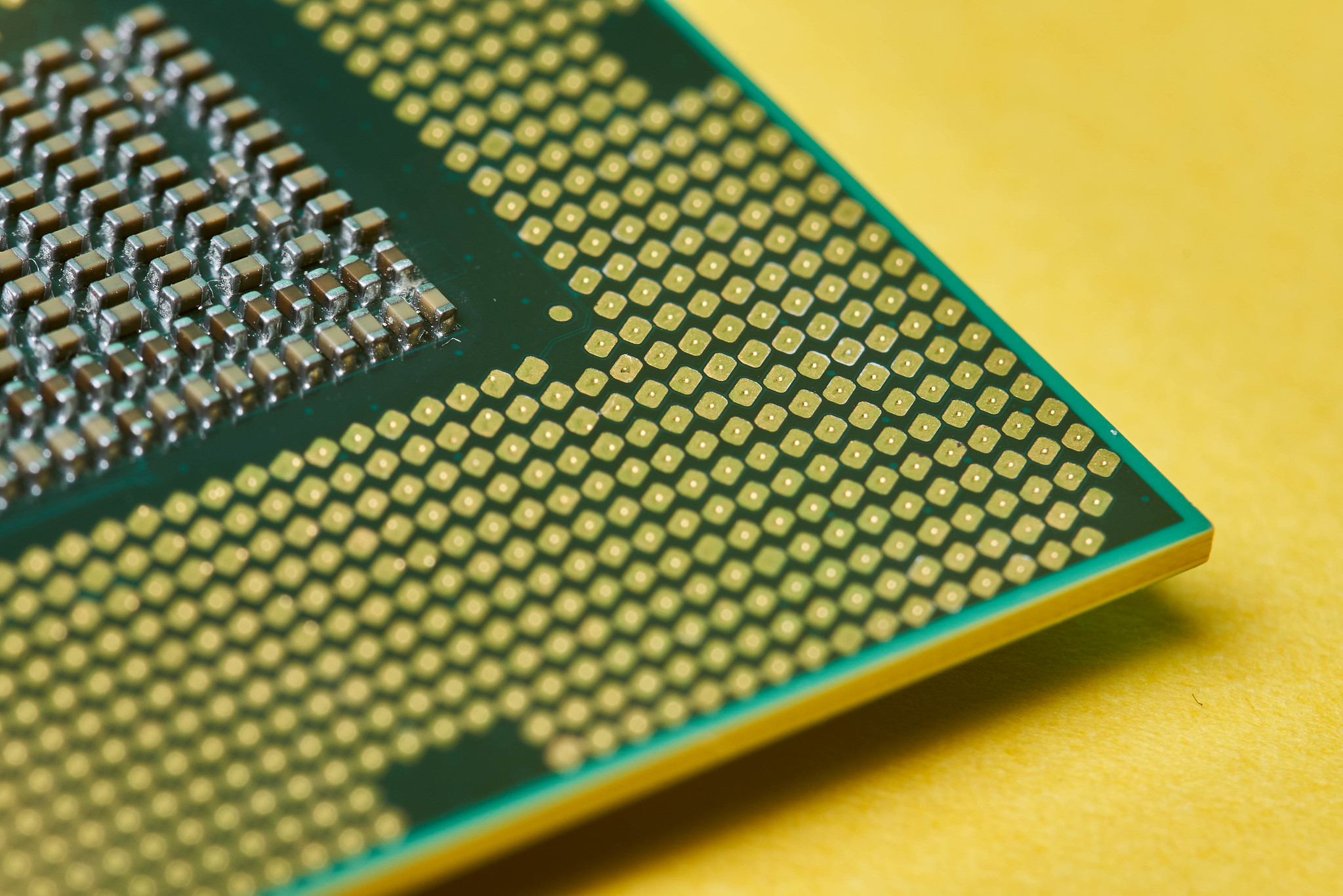WASHINGTON (Parliament Politics Magazine) – Nvidia, a company that designs computer chips, claimed that US officials ordered it to cease shipping two of the best computing chips for artificial intelligence work to China. This action might seriously impair Chinese companies’ capacity to perform complex tasks like image recognition.
The company stated on Wednesday that the prohibition, which affects its H100 and A100 chips made to accelerate machine learning activities, could prevent the development of the H100, the company’s flagship chip unveiled this year, from being completed.
The new rule would address the possibility that the covered items might be employed in, or diverted to, a ‘military end use’ or ‘military end user’ in China, Nvidia said which claimed to have been said so by the US officials.
When contacted for comment, the US Department of Commerce declined to specify the updated standards it has established for AI chips that cannot be exported to China but did state that it is examining its methods to “keep advanced technologies out of the wrong hands.”
The US was adopting a comprehensive approach to implementing extra actions necessary linked to technology, end-uses, and end-users to preserve the national security of the country and foreign policy interests, a spokesperson told Reuters. However, at this time, they were unable to describe specific policy adjustments.
The announcement denotes a significant uptick in the US crackdown on China’s technological prowess as tensions rise over Taiwan’s future, where chips for Nvidia and nearly all other big chip companies are produced.
A representative for rival AMD told Reuters that the company had received new requirements for licence that would prevent the export of its MI250 artificial intelligence chips to China, but that it does not anticipate any impact on its MI100 chips.
Chinese organisations won’t be able to efficiently do the kind of advanced computation needed for speech and image recognition, among many other things, without chips from American companies like Nvidia and AMD.
In consumer applications like smartphones that can respond to inquiries and tag photographs, natural language processing and image recognition are common. Additionally, they are employed by the military for tasks like searching satellite pictures for bases or weapons, as well as screening digital communications for gathering intelligence.
If Chinese companies choose not to purchase alternative Nvidia products, Nvidia said it might lose $400 million in sales of the affected chips it had scheduled for China this quarter. It stated that while it intends to request exceptions from the regulation, there are no certainties that US officials will do so.






